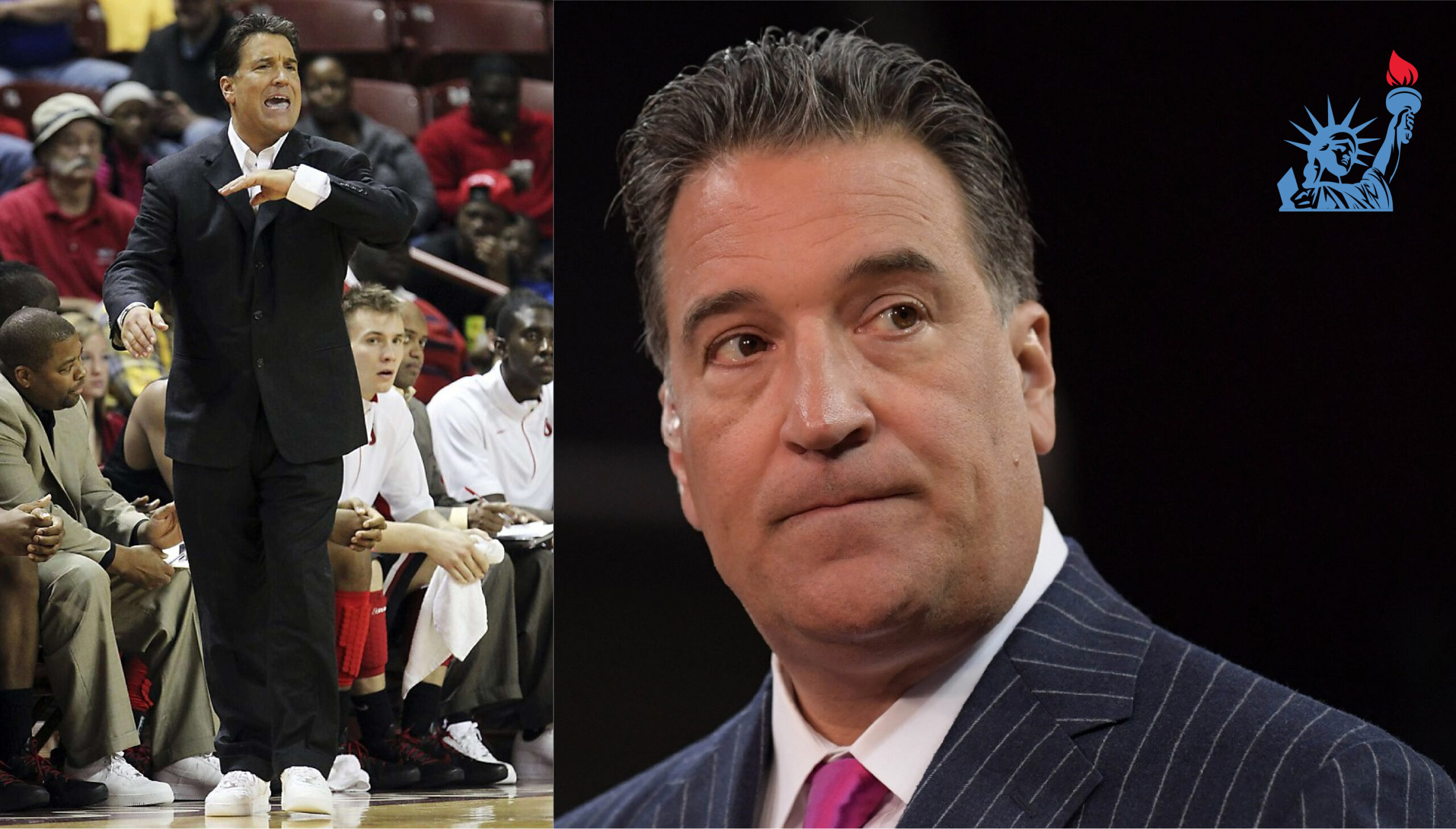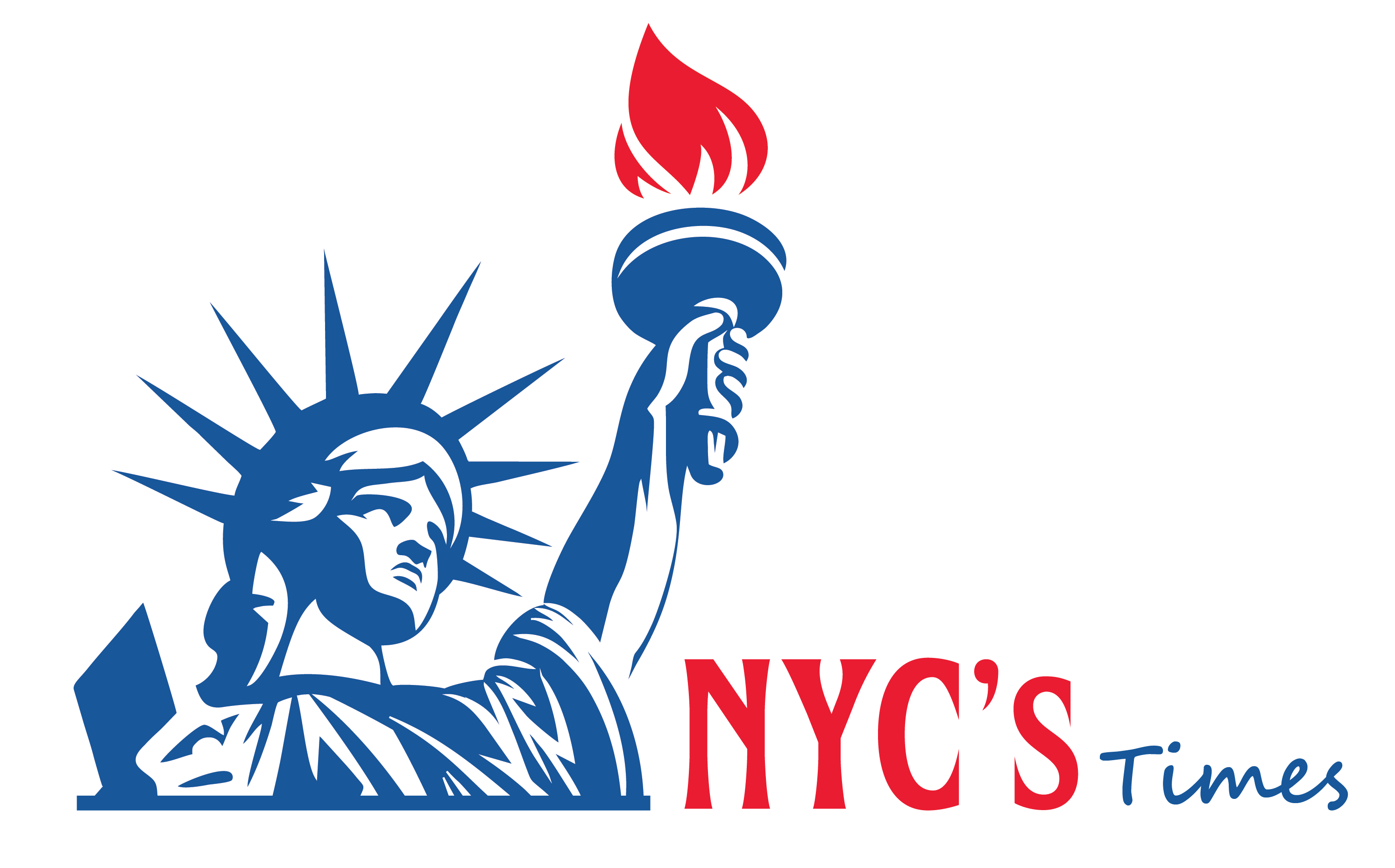Steve Lavin is a well-known figure in the world of college basketball, celebrated for his coaching acumen, infectious energy, and unique journey through the sport. Over the years, Lavin has crafted a reputation as a passionate and skilled coach, taking multiple college teams to impressive heights and leaving an indelible mark on both the game and his players. His career is a testament to resilience, adaptability, and a genuine love for basketball. This article explores Lavin’s life, his career trajectory, coaching philosophy, and his legacy in college basketball.
Early Life and Introduction to Basketball
Steve Lavin was born on September 4, 1964, in San Francisco, California, into a family with strong academic and athletic values. His father, Cap Lavin, was a well-known high school basketball coach and a major influence on Steve’s early life. Growing up, Lavin was surrounded by basketball, learning the game’s fundamentals and developing a deep understanding of its intricacies. His father’s influence helped instill in him a disciplined approach and a dedication to personal growth, which later became cornerstones of his coaching style.
After completing his high school education, Lavin attended San Francisco State University and then moved to Chapman University. At Chapman, he played basketball and honed his skills on the court, gaining insight into team dynamics and game strategy. His love for basketball continued to grow, and he soon realized his true calling was not just to play but to coach.
The Start of a Coaching Career
Lavin’s coaching career began in the late 1980s as an assistant coach at Purdue University under head coach Gene Keady. Working under Keady was a formative experience for Lavin, as Keady was known for his disciplined and tenacious coaching style. Lavin absorbed these lessons, focusing on defensive strategies, player discipline, and the importance of building strong team chemistry.
After a few years at Purdue, Lavin moved to UCLA as an assistant coach under head coach Jim Harrick in 1991. This was a pivotal shift for Lavin, as he found himself in the heart of one of the most prestigious basketball programs in the nation. Working with UCLA’s talented roster allowed him to further develop his coaching techniques, and he quickly became a valuable member of the coaching staff. UCLA’s success during this period, including the 1995 national championship, highlighted Lavin’s ability to work with elite players and implement winning strategies.
Becoming Head Coach at UCLA
In 1996, Steve Lavin was promoted to head coach at UCLA, succeeding Jim Harrick. At just 32 years old, Lavin became one of the youngest head coaches in the NCAA, thrust into the spotlight at a program with high expectations and an illustrious history. Lavin faced immense pressure to maintain UCLA’s winning tradition, but he embraced the challenge with confidence and enthusiasm.
Under Lavin’s leadership, UCLA achieved consistent success, making it to the NCAA Tournament five times in his first six seasons. The Bruins reached the Sweet Sixteen five times during Lavin’s tenure, a testament to his ability to motivate and guide his players to excel in high-stakes situations. Known for his player-friendly approach, Lavin fostered strong relationships with his players, emphasizing their development both on and off the court.
Challenges and Transition from UCLA
Despite his successes, Lavin faced criticism from some quarters as UCLA did not advance past the Sweet Sixteen under his leadership. The expectations at UCLA were high, and fans and alumni alike desired deeper tournament runs and national championships. In 2003, after a challenging season and a string of injuries affecting key players, Lavin’s tenure at UCLA came to an end.
Though his time at UCLA was filled with ups and downs, Lavin left with valuable experiences and a resilient spirit. His journey highlighted the realities of coaching at elite programs where expectations are often difficult to meet. Nevertheless, his passion for basketball and commitment to developing young talent remained unwavering.
A New Chapter at St. John’s University
After taking a few years off, during which he worked as a broadcaster for ESPN, Lavin returned to coaching in 2010 as the head coach of St. John’s University in New York. His return was met with excitement, as fans and analysts looked forward to seeing how his coaching style would impact a new program. Lavin took on the challenge of revitalizing the St. John’s basketball program, which had not seen significant success in recent years.
Lavin’s influence was immediate, as he led St. John’s to the NCAA Tournament in his very first season. His leadership helped attract talented recruits and brought renewed energy to the team. Lavin’s approach, which emphasized teamwork, discipline, and individual growth, resonated with his players, leading to a notable improvement in the team’s performance.
Health Challenges and Resilience
In 2011, Lavin faced a significant personal challenge when he was diagnosed with prostate cancer. Despite the diagnosis, he continued to coach and support his team, demonstrating remarkable resilience and dedication. Lavin underwent successful treatment and returned to coaching, inspiring both his players and the broader college basketball community with his courage and determination.
His experience with cancer also deepened his perspective on life and coaching. Lavin became more focused on mentoring his players beyond the game, emphasizing the importance of perseverance, self-care, and community. His journey through illness strengthened his relationships with his players, who admired his resolve and commitment.
Coaching Philosophy and Legacy
Steve Lavin’s coaching philosophy centers on a balanced approach to basketball and personal development. He emphasizes the importance of discipline, teamwork, and a strong work ethic, values that he learned from his father and mentors like Gene Keady and Jim Harrick. Lavin believes in nurturing a positive team environment where players can thrive, both as athletes and as individuals.
One of Lavin’s most notable contributions to college basketball has been his ability to recruit and develop young talent. His coaching style is player-centric, focusing on building strong relationships with his players and understanding their individual needs. Lavin has often been praised for his ability to inspire his teams, encouraging them to push past challenges and work toward collective goals.
Broadcasting Career and Insights
Between coaching stints, Lavin worked as a college basketball analyst for ESPN and Fox Sports. His broadcasting career allowed him to share his deep knowledge of the game with a wider audience, offering insights into team dynamics, strategies, and individual player potential. Lavin’s charismatic personality and keen understanding of basketball made him a popular figure among viewers, and he brought a coach’s perspective to his analysis.
In many ways, Lavin’s time as a broadcaster has complemented his coaching career, giving him an opportunity to observe and learn from other coaches, programs, and players. His broadcasting work allowed him to stay connected to the game, even when he was not actively coaching, and further solidified his legacy as a respected voice in college basketball.
Conclusion: Steve Lavin’s Enduring Impact on College Basketball
Steve Lavin’s journey through college basketball is one of resilience, adaptability, and passion. From his early days learning the game under his father’s guidance to his roles at UCLA and St. John’s, Lavin has consistently demonstrated his commitment to excellence and personal growth. His coaching philosophy, which emphasizes discipline, teamwork, and the holistic development of players, has left a lasting impact on the programs he’s led and the players he’s mentored.
Read more: Rumpus Room NYC: A Hidden Gem in New York’s Nightlife Scene






